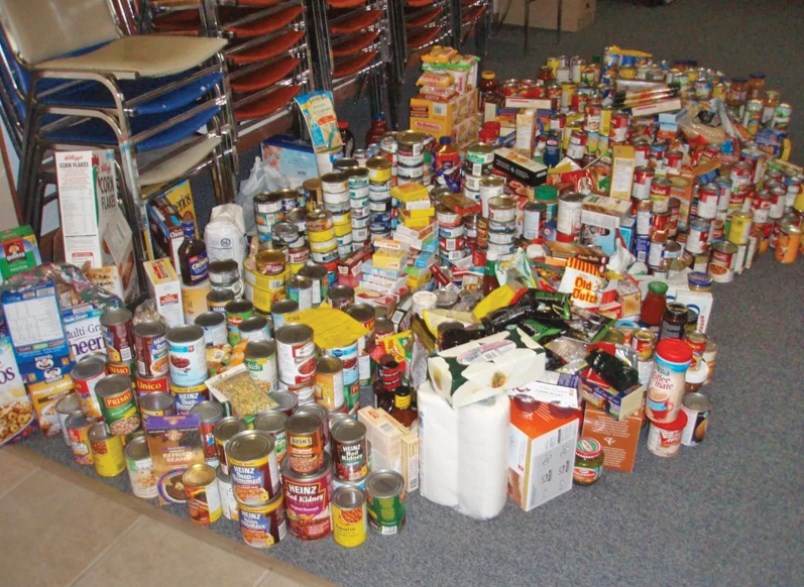TORONTO — The Nuclear Waste Management Organization has donated almost $200,000 to support communities and food banks across Ontario, including to numerous recipients in the Northwest.
The contributions are aimed at providing emergency food access during the COVID-19 pandemic for families with children, seniors, and people who use emergency meal programs.
In Northwestern Ontario, recipients include:
- $5,000 each for the Regional Food Distribution Association, the Rural Cupboard Food Bank (Thunder Bay area), food banks in Ignace, Dryden, Kenora and Red Lake
- $3,000 each for the Lakehead University and Confederation College student relief funds
- $5,000 each for the Thunder Bay Indigenous Friendship Centre, Dryden Native Friendship Centre, Ne-Chee Friendship Centre (Kenora), Atikokan Native Friendship Centre, United Native Friendship Centre (Fort Frances)
NWMO is also making direct donations to Indigenous communities it has agreements with:
- $15,000 to Grand Council Treaty # 3
- $10,000 each to Wabigoon Lake Ojibway Nation and Saugeen Ojibway Nation
- $5,000 to Aboriginal People of Wabigoon
- $15,000 to Metis Nation of Ontario
- $5,000 to Historic Saugeen Metis
As well, it is giving $8,000 to the City of Dryden for youth wellness kits, and $16,500 to First Nation communities it works with to help cover the cost of several Christmas hamper programs.
Mark Halabecki, chair of the Rural Cupboard Food Bank which serves communities around Thunder Bay, welcomed the $5,000 his organization is receiving.
"Since our catchment area is very large and stretches from the US border to Pass Lake, and west to Upsala, this donation will help us ensure no one who needs food in these rural communities will go hungry," Halabecki said.
Ontario food banks saw a surge in demand with the onset of COVID-19, with a 26 per cent increase in first-time visitors reported between March and June this year.
NWMO vice-president Lisa Frizzell said food insecurity is a serious concern during the pandemic.
"This funding will provide tens of thousands of meals to those who need it most...we are doing our part by partnering with community organizations in regions where we work to provide direct support."
